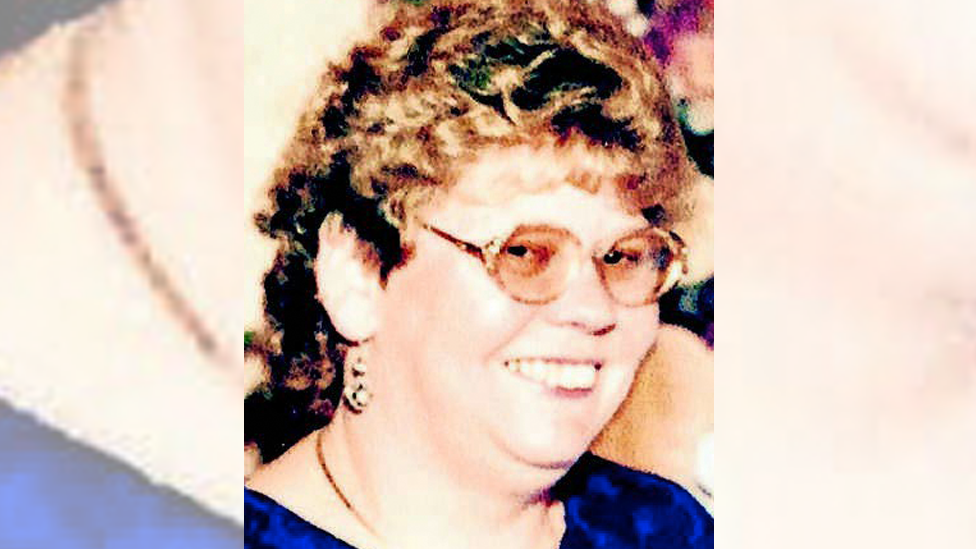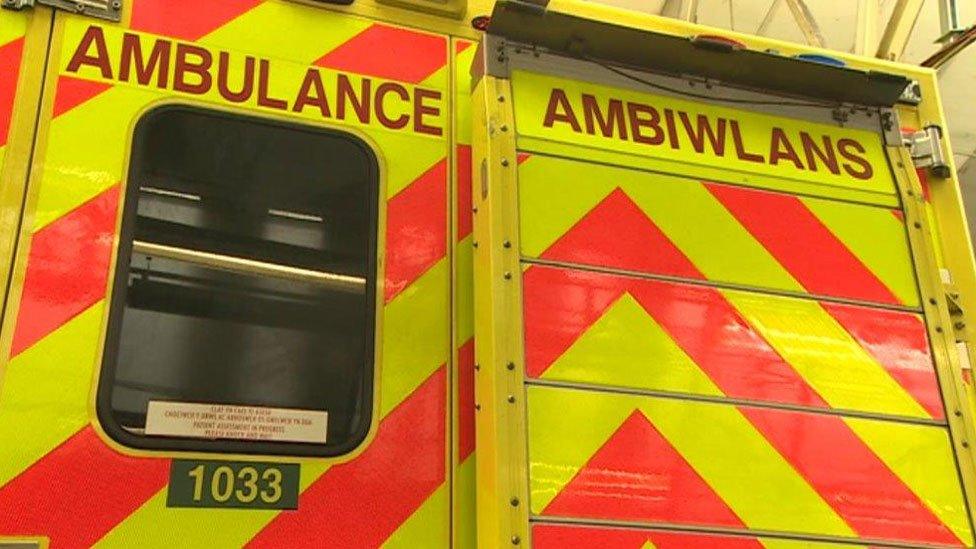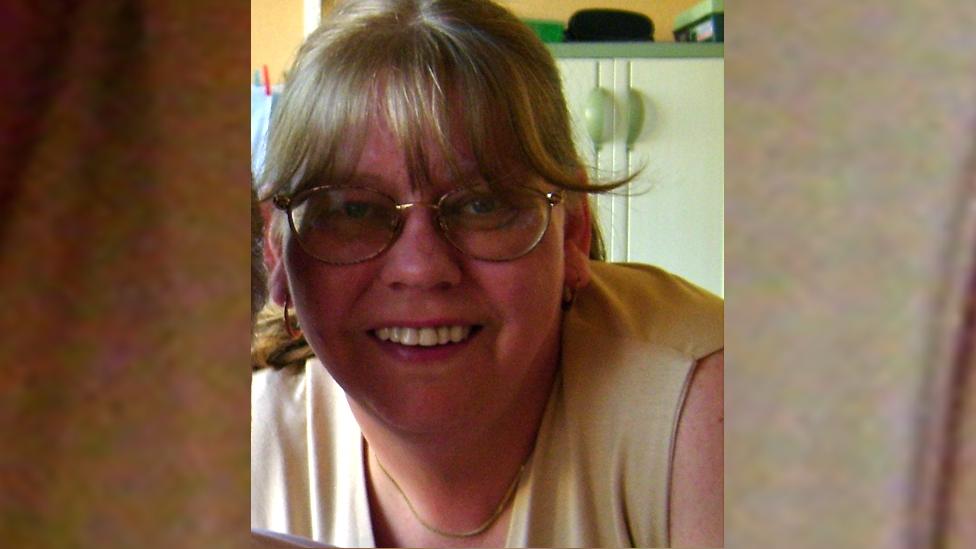Cardiac arrest victim Trudy Jones 'given placebo'
- Published

Trudy Jones, 49, from Wrexham, died in 2016
A woman who died of a cardiac arrest was given a placebo by paramedics participating in a medical trial, it has been confirmed.
Trudy Jones, 49, from Wrexham, was given salt water instead of an adrenaline injection in 2016.
Her family said they were "angry and disappointed" and would never know if things could have ended differently had she not been given the placebo.
It was part of a University of Warwick trial, with results now being analysed.
This tested the effectiveness of giving adrenaline to cardiac arrest patients, with ambulance crews given trial kits containing salt water and adrenaline, to be used at random.
The Welsh Ambulance Service was one of five areas taking part and nobody knew who was given what, apart from researchers analysing the results.
Details of Mrs Jones' involvement were shared at her inquest in November 2017 and her family have now been told she was given a saline solution rather than adrenaline.
While the Welsh Ambulance Service extended condolences, deputy chief executive Dr Brendan Lloyd said in February it was an "ethically approved" process that followed a six-month media campaign.

He added all patients are given treatments that provide the best chance of survival from a cardiac arrest, including CPR and early defibrillation.
A University of Warwick spokesman previously said the trial was borne out of "real concerns" adrenaline may restart the heart initially but lower overall survival rates.
But Mrs Jones's sister-in-law, Morfydd Wood said: "we are angry and disappointed to hear that she received a salt water solution.
"We'll never know if things could have been different if she'd been given adrenaline."
She said the family were not supposed to know and found out by accident at the inquest. They were now "keeping our options open about our next steps".
The Welsh Ambulance Service said it regretted not telling Mrs Jones's family about the placebo "in a more sensitive manner".
Dr Lloyd added: "Members of the trust met with Mrs Jones's family this week to talk through the care provided, and we would like to thank them for giving us the opportunity to discuss both her treatment and our reasons for the trust participating in this trial.
"We recognise the distress caused to Mrs Jones's family by finding out about her involvement in the trial during the inquest and regret that this was not communicated to them in a more sensitive manner."
- Published19 February 2018

- Published7 November 2017
